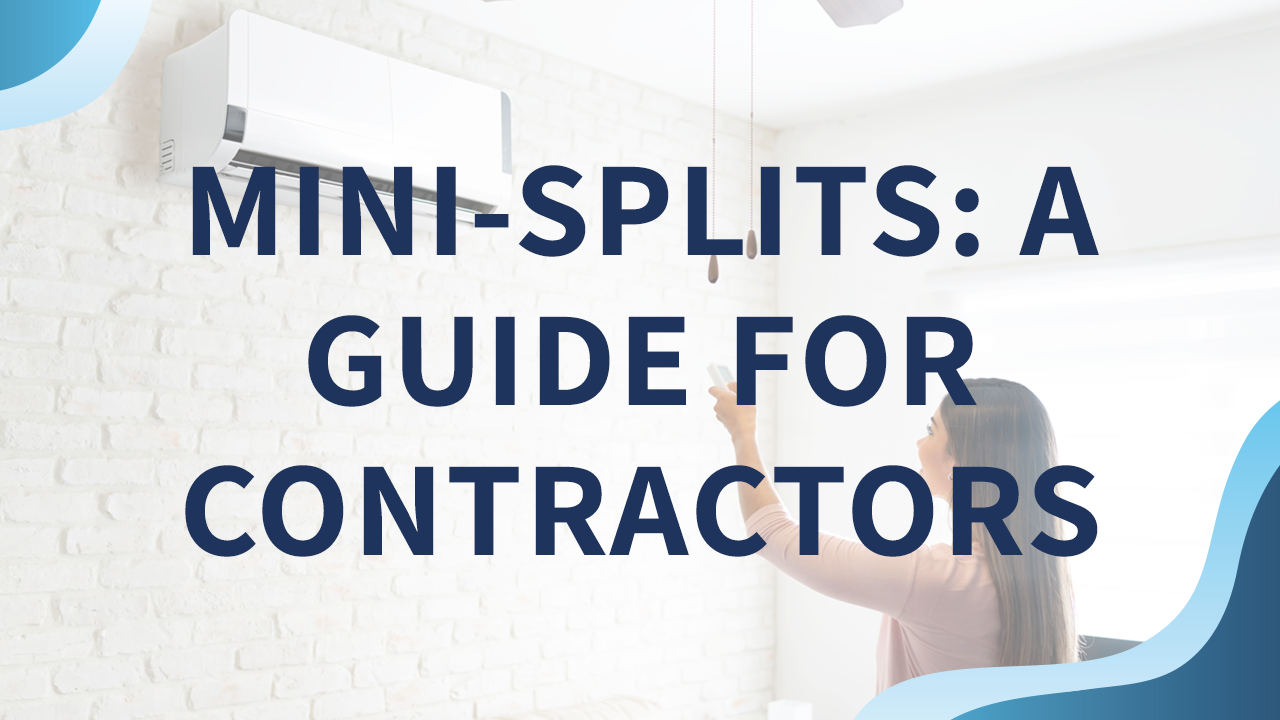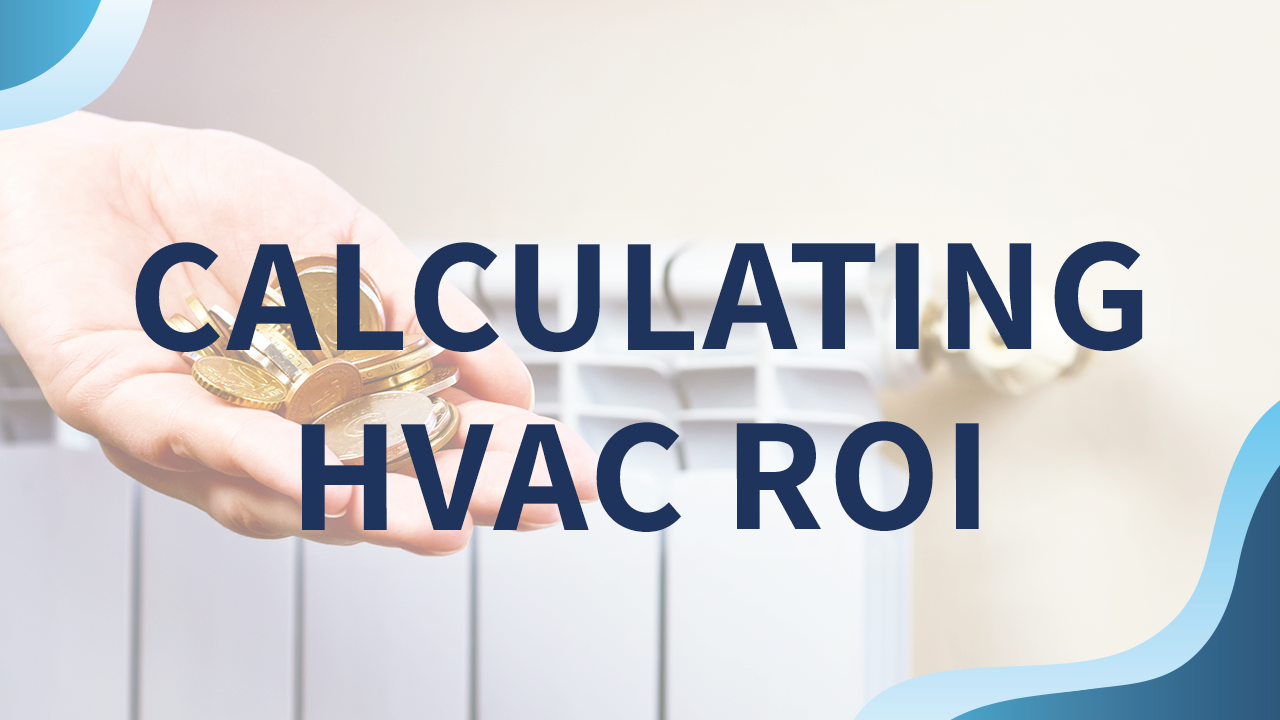The battle against COVID-19 has turned 2020 into a year of uncertainty, as the pandemic’s full impact on practically every industry remains in question. Multi-family real estate and property management is no exception, as both renters and landlords face growing rates of unemployment and illness with no clear solutions in sight. How will rent and mortgages be paid? What should be done to protect residents and staff? When will it all end?
Concern over residents’ abilities to pay rent – and how missed payments effect property owners’ ability to pay mortgages – is a legitimate source of apprehension. Some sources forecast unemployment rates exceeding 20 percent by year’s end. An astounding 54 percent of renters surveyed by Chicago-based Avail, which offers an online property management platform for DIY landlords, said they had lost jobs because of the pandemic.
Fortunately, relief is available to certain property owners. According to the Federal Housing Finance Agency, Fannie Mae and Freddie Mac are offering mortgage forbearance to multi-family property owners, provided they suspend all evictions of renters unable to pay rent as a result of the coronavirus pandemic. A majority of states that have issued shelter-in-place orders also have passed regulations that temporarily suspend evictions.
In fact, 41 percent of property management companies surveyed by AppFolio said they planned to change their eviction policies as a result of new local regulations. The online platform surveyed 3,533 property management professionals and asked about their COVID-19 responses.
“This crisis is testing all of us – every industry, every family. No one should lose the roof over their head during a pandemic,” National Multifamily Housing Council President Doug Bibby said in a released statement. “We welcome the Federal Housing Finance Agency’s decision today to offer mortgage forbearance to multifamily housing property owners who suspend evictions for those who have been financially impacted by this public health emergency. This is a necessary step. Most property owners are small businesses and they are committed to working with public officials and residents to keep families safe during this national crisis.”
Yet according to Avail’s survey, many renters remain unaware of protections in place to keep a roof over their heads. It’s no surprise, considering 75 percent of them reported they had not been contacted by their landlords regarding the pandemic. Yet 90 percent of property management companies surveyed by AppFolio either already implemented a policy related to COVID-19 or were currently working on one. The discrepancy, which indicates more a lack of communication rather than a lack of response, is supported by the mere 43 percent of surveyed companies that had communicated a COVID-19 policy to associates and residents.
Of course, not all of those companies have implemented COVID-19 policies relating to payments of rent and evictions. In fact, 64 percent of the AppFolio respondents had enacted social distancing rules for associates, residents and visitors, and half had increased cleaning frequency.
But what should a multi-family property manager do if residents or staff test positive for COVID-19? Should other residents and employees be notified?
“Unfortunately, this one is not an easy ‘Yes’ or ‘No,’” explained Arizona attorney Patrick McQueen. “The answer depends on a number of variables. Indeed, owners and managers must balance a number of factors, including: (i) the need to keep the building running; (ii) safeguarding residents and occupants; and (iii) health-related obligations (e.g., HIPAA, ADA, etc.).”
McQueen recommends the following “best practices” when dealing with multi-family properties and the coronavirus pandemic:
- Request that residents notify building management immediately of any suspected or known COVID-19 diagnoses or exposures.
- Establish a policy for responding to and addressing such reports.
- Communicate regularly with resident representatives regarding the health of employees.
- Notify all other residents and occupants of a building if a person who has entered has tested positive for the virus. Landlords are also legally obligated to inform occupants what steps are being taken as a result of the finding.
- Never disclose the names of affected people but do notify other residents and occupants which floor of the building the affected resident or employee lives or works.
- Deep clean and disinfect all affected common areas.
As for business operations, 49 percent of the property management companies surveyed by AppFolio had paused inspections in response to the COVID-19 pandemic, and 41 percent have reduced maintenance to only emergency work orders. Just 30 percent of respondents were waiving late fees, and 27 percent reduced property tours to only virtual or self-showings. Only 41 percent of those surveyed said they changed their eviction policy as a result of local regulations, while 29 percent were considering such a change, and only 10 percent were voluntarily pausing evictions.
Of course, evictions aren’t the only policy changes that can assist residents during the pandemic and its impact on the economy. Almost half of AppFolio’s survey respondents were considering changes to their delinquency policies, while 22 percent were voluntarily relaxing their rules and 10 percent made the change as mandated by local regulations.
It also appears that large property management companies are more responsive to the pandemic and its impact than smaller companies. While 69 percent of companies managing 500 or more units have already enacted social distancing rules, just 54 percent of those managing less than 500 units have taken similar measures.
“This is new territory for owners, property management and residents alike,” one AppFolio survey respondent said. “We all need to practice patience, kindness, and remember we are dealing with people who are stressed and afraid right now. We can keep the human touch in our business, without physically touching.”












